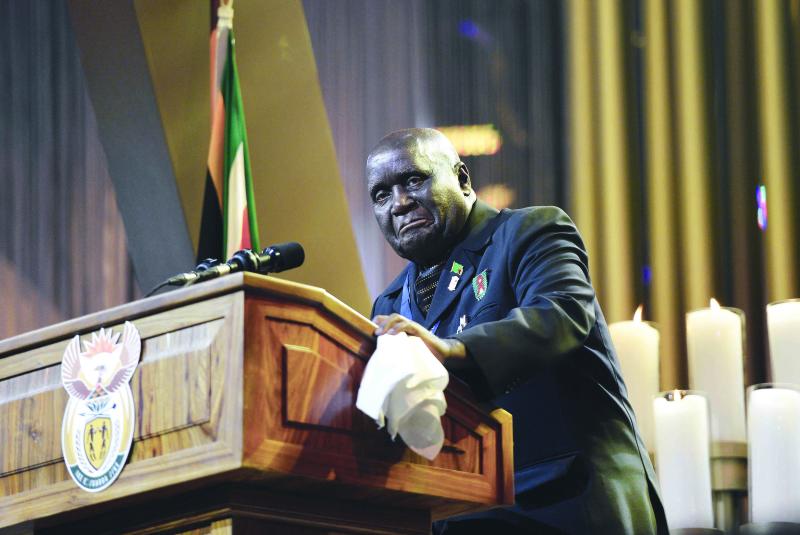×
The Standard e-Paper
Fearless, Trusted News

Zambian first President Kenneth Kaunda who died last month was a household name in Kenya, with a men’s wear and a street named after him. We revisit a chance meeting with him when he told of goat soup sessions with Mzee Jomo Kenyatta and how he brokered peace in the Shifta war.
Mid August 2003, I attended a World Bank-sponsored workshop on governance in Abuja, Nigeria.